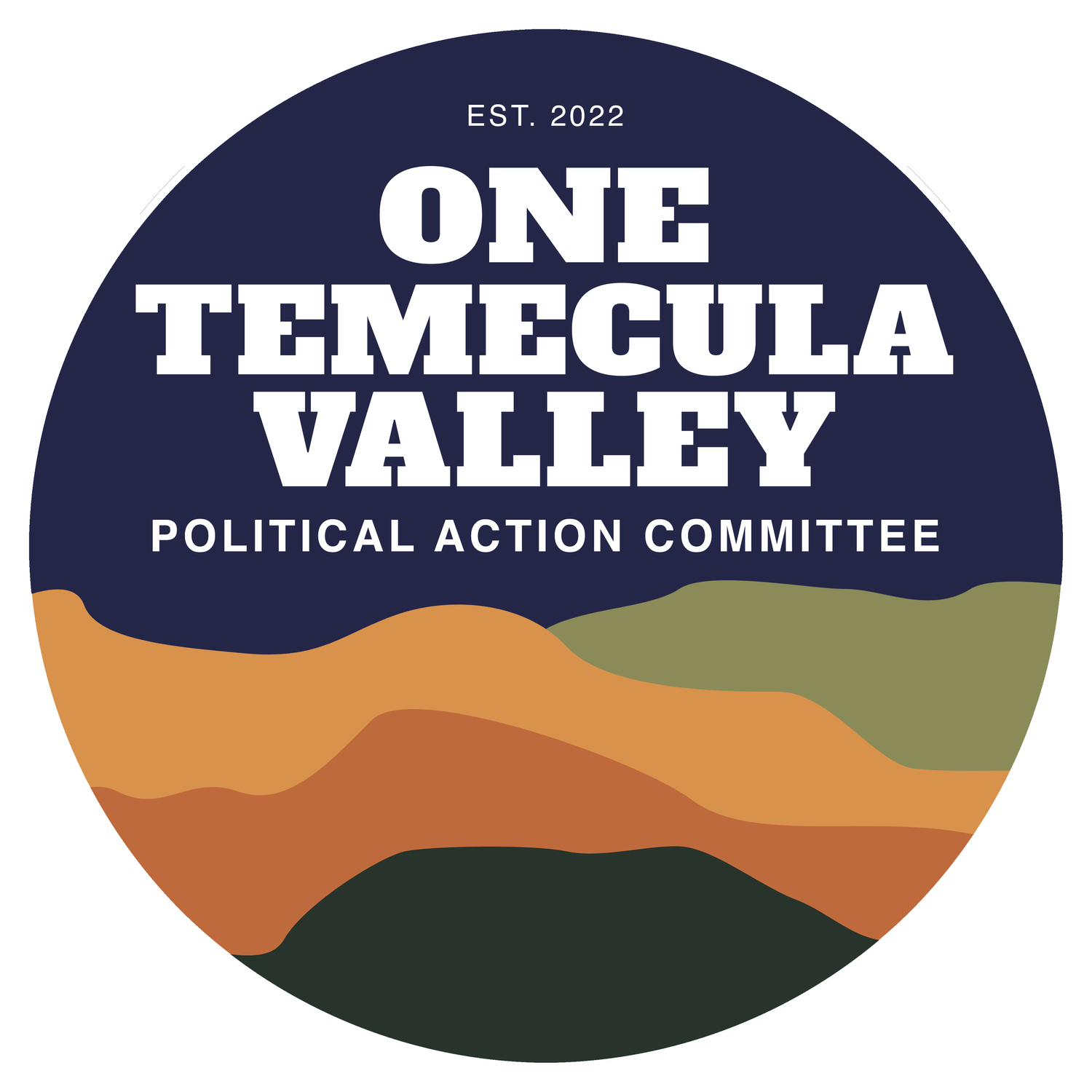Why Local Government Seats Are Non-Partisan: A Key to Effective Community Leadership
When it comes to local government, many people are surprised to learn that most seats are non-partisan. This means that candidates for positions like city council, school board, or mayor don’t officially run under a specific political party. While it might seem unusual in a political landscape dominated by partisanship, there’s a good reason behind this approach. Non-partisan local government helps ensure that the focus remains on practical solutions and community needs rather than party politics.
Focusing on Local Issues Over Ideology
Local governments are primarily concerned with day-to-day issues that directly impact residents’ lives. Whether it’s fixing potholes, ensuring clean water, managing local schools, or maintaining public safety, these responsibilities often require practical solutions rather than ideological ones. Non-partisan seats encourage candidates to prioritize the unique needs of their communities over broader party agendas.
When a local government official isn’t tied to a party platform, they have the flexibility to approach problems with an open mind, considering a range of perspectives and solutions. This approach fosters collaboration and helps officials make decisions based on what will work best for their community, rather than what aligns with party ideology.
Encouraging Diverse Candidates
Non-partisan elections make it easier for individuals with different backgrounds and perspectives to run for office. Since candidates don’t have to align with a specific party, more people feel empowered to participate in the political process, bringing fresh ideas and new voices to the table.
This diversity is crucial for local government because it reflects the varied needs of the community. Whether someone is passionate about improving local schools, enhancing public safety, or promoting economic development, they can run for office based on their commitment to these issues rather than their political affiliation.
Reducing Polarization
Partisan politics can be highly polarizing, often leading to gridlock and division. In contrast, non-partisan local government promotes a more collaborative and less divisive atmosphere. When officials aren’t labeled as “Republican” or “Democrat,” it’s easier for them to work together on common goals.
This collaborative spirit is essential at the local level, where officials need to make decisions that benefit the entire community. By keeping party labels out of the equation, local governments can avoid the kind of partisan battles that often stall progress at higher levels of government.
Prioritizing Community Needs
Non-partisan seats help ensure that elected officials remain focused on the specific needs of their community. Local government is often where people feel the most direct impact from political decisions, so it’s important that those in office are deeply connected to the issues and concerns of their constituents.
Without the distraction of party politics, local officials can dedicate their energy to solving problems that matter most to their residents. This focus on community-driven governance can lead to more effective and responsive leadership.
Promoting Accountability
When local government officials aren’t affiliated with a political party, they are more accountable to their constituents rather than to a party. Voters can evaluate candidates based on their individual qualifications, ideas, and track records rather than their party’s platform. This emphasis on personal accountability encourages officials to stay closely attuned to the needs of their communities, knowing they’ll be judged solely on their performance rather than their party loyalty.
The non-partisan nature of local government is a powerful tool for fostering effective, community-focused leadership. By keeping the focus on local issues, encouraging diverse candidates, reducing polarization, prioritizing community needs, and promoting accountability, non-partisan elections help ensure that local governments serve the people they represent, rather than party interests. In an era of increasing political division, the non-partisan approach to local governance remains a vital component of a healthy democracy.


